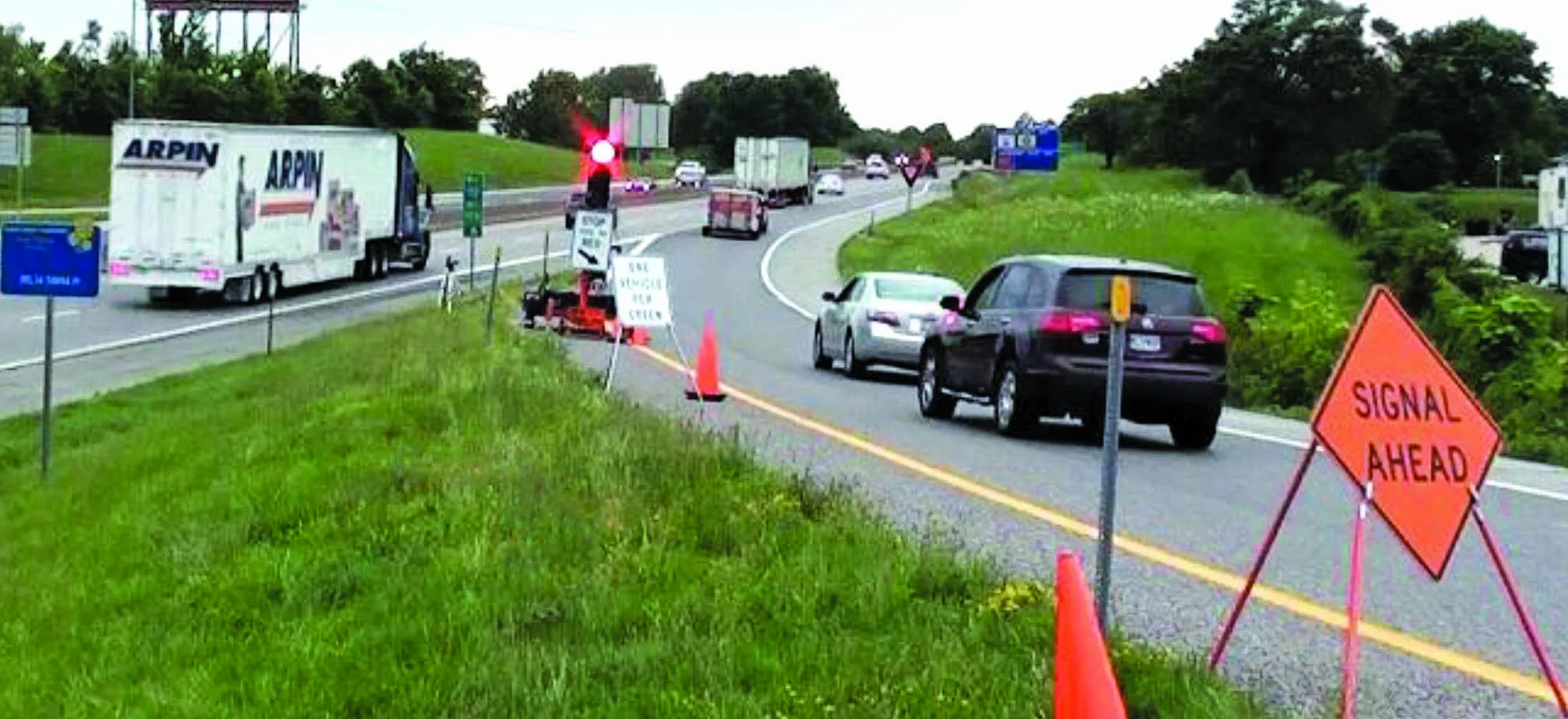Highways England has awarded a contract to deliver a central traffic signal control and management system for south-east England to Simulation Systems Limited (SSL)
Central to the contract, for England’s motorway and major A-roads, will be a Siemens Stratos system which is designed to be the UK’s first cloud-hosted, fully integrated traffic control and management solution.
The project will also include Hosted-SCOOT, a real time UTC and adaptive traffic control system. It is already used to manage and
June 21, 2016
Read time: 3 mins

Highways England has awarded a contract to deliver a central traffic signal control and management system for south-east England to Simulation Systems Limited (SSL)
Central to the contract, for England’s motorway and major A-roads, will be a1134 Siemens Stratos system which is designed to be the UK’s first cloud-hosted, fully integrated traffic control and management solution.
The project will also include Hosted-SCOOT, a real time UTC and adaptive traffic control system. It is already used to manage and co-ordinate traffic control for 76 UK authorities, including the control of many8100 Highways England junctions.
The Siemens Stratos system will replace the existing UTC control system for London’s orbital motorway, the M25. It will bring the control of sites in central southern England and the south-east under the control of the new system. There will be expansion capacity for other regional areas.
Gary Cox, product sales manager for Simulation Systems urban systems area, said the functionality offered by PC SCOOT has been migrated into Stratos to offer the module known as Hosted-SCOOT. “This allows UTC and SCOOT-controlled junctions to be quickly migrated to Stratos control where the sites already have UG405 outstations and IP communications in place,” he said.
SSL, based near Bristol in south-west England, has already started delivery of a traffic signals module to Highways England. When linked to the latest generation of IP outstations, it will offer on a single platform the functionality of two previously offered but separate systems.
This provides Highways England with a single hosted solution for both real-time control and monitoring. The hosted system will be accessed through secure internet-based connections providing the flexibility to operate the system from many locations by many operators.
SSL said that older sites can be easily upgraded by means of installing new UG405-compliant outstations and moving to IP communications. This can be done by either upgrading the existing analogue leased line to broadband or by providing easily deployed 3G technology.
A planned move to IP communications as part of this project implementation will allow Highways England to avoid any potential interruptions to future control as a result of withdrawing any analogue communication lines over the next few years. SSL said that Highways England has already made significant progress on this, noted SSL managing director Louis Thompson.
Central to the contract, for England’s motorway and major A-roads, will be a
The project will also include Hosted-SCOOT, a real time UTC and adaptive traffic control system. It is already used to manage and co-ordinate traffic control for 76 UK authorities, including the control of many
The Siemens Stratos system will replace the existing UTC control system for London’s orbital motorway, the M25. It will bring the control of sites in central southern England and the south-east under the control of the new system. There will be expansion capacity for other regional areas.
Gary Cox, product sales manager for Simulation Systems urban systems area, said the functionality offered by PC SCOOT has been migrated into Stratos to offer the module known as Hosted-SCOOT. “This allows UTC and SCOOT-controlled junctions to be quickly migrated to Stratos control where the sites already have UG405 outstations and IP communications in place,” he said.
SSL, based near Bristol in south-west England, has already started delivery of a traffic signals module to Highways England. When linked to the latest generation of IP outstations, it will offer on a single platform the functionality of two previously offered but separate systems.
This provides Highways England with a single hosted solution for both real-time control and monitoring. The hosted system will be accessed through secure internet-based connections providing the flexibility to operate the system from many locations by many operators.
SSL said that older sites can be easily upgraded by means of installing new UG405-compliant outstations and moving to IP communications. This can be done by either upgrading the existing analogue leased line to broadband or by providing easily deployed 3G technology.
A planned move to IP communications as part of this project implementation will allow Highways England to avoid any potential interruptions to future control as a result of withdrawing any analogue communication lines over the next few years. SSL said that Highways England has already made significant progress on this, noted SSL managing director Louis Thompson.








